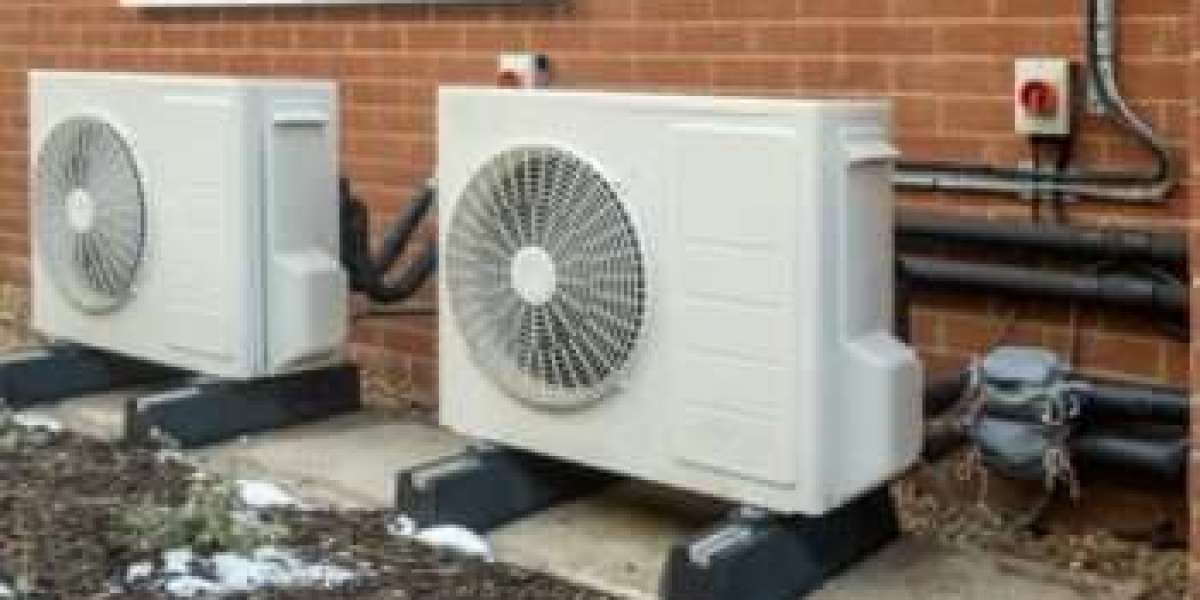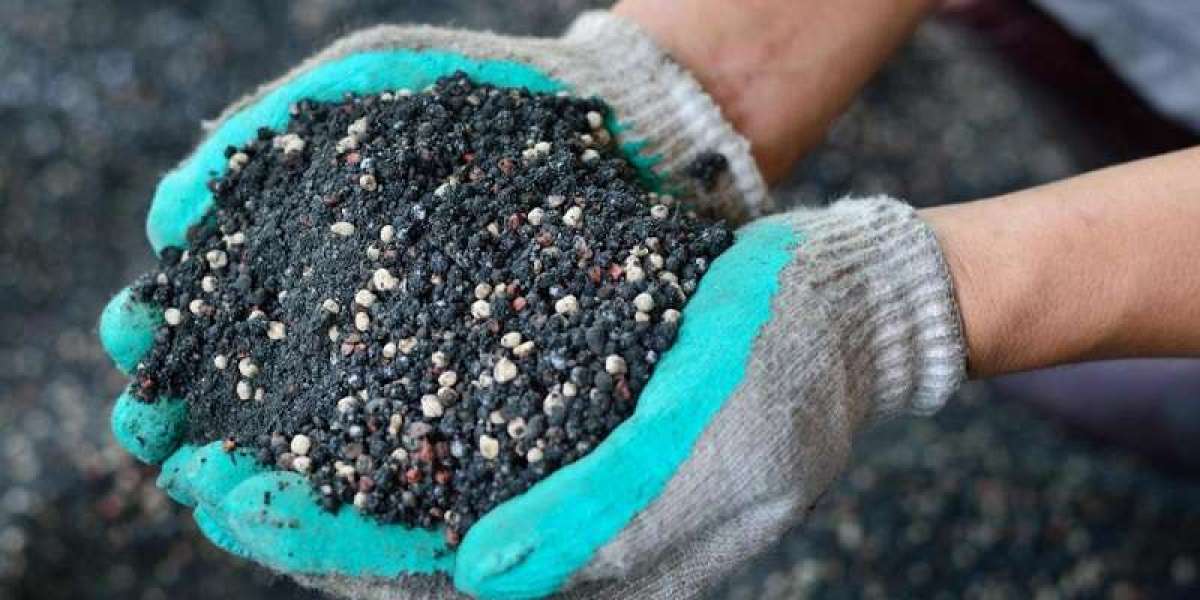Saving money on heat pump repairs can be crucial for homeowners looking to maintain comfort while managing expenses. Here are several effective strategies to achieve this:
- Regular Maintenance: Prevention is key to avoiding costly repairs. Schedule annual maintenance with a qualified technician to inspect and tune up your heat pump. This ensures it operates efficiently and identifies potential issues early.
- Clean Filters: Dirty filters restrict airflow, forcing the heat pump to work harder and potentially leading to breakdowns. Regularly clean or replace filters according to manufacturer guidelines to maintain optimal performance.
- Programmable Thermostat: Install a programmable thermostat to regulate temperatures based on your schedule. This prevents unnecessary strain on the heat pump and reduces energy consumption, lowering overall operational costs.
- Seal Ducts and Insulate: Leaky ducts can cause heated or cooled air to escape, reducing efficiency and increasing workload on the heat pump. Seal ducts properly and ensure adequate insulation to maintain temperature consistency and efficiency.
- Clear Surroundings: Keep the area around your heat pump clear of debris, vegetation, and other obstructions. This allows proper airflow and prevents damage to components, reducing the likelihood of repairs.
- Understand Warranty Coverage: Familiarize yourself with your heat pump's warranty details. Some repairs may be covered under warranty, potentially saving significant costs if issues arise within the warranty period.
- DIY Maintenance: Learn to perform basic maintenance tasks such as cleaning coils and checking refrigerant levels, if safe and appropriate. This can extend the life of your heat pump and reduce the need for professional repairs.
- Compare Repair Quotes: In case repairs are necessary, obtain multiple quotes from reputable HVAC professionals. Compare prices and services offered to ensure you're getting the best value without compromising on quality.
- Consider Service Contracts: Some HVAC companies offer service contracts or maintenance plans that cover regular inspections and discounts on repairs. Assess the cost and benefits to determine if a service contract suits your needs.
- Upgrade when Necessary: If your heat pump is outdated or frequently requires repairs, consider upgrading to a more energy-efficient model. Modern heat pumps are often more reliable and cost-effective in the long run, reducing repair expenses over time.
By implementing these strategies, homeowners can effectively manage and potentially reduce the costs associated with heat pump repairs, ensuring comfort without breaking the bank.
Can I perform heat pump repairs myself?
Performing heat pump repairs yourself can be a tempting option for homeowners looking to save money and gain a sense of accomplishment. While some maintenance tasks are suitable for DIY enthusiasts with adequate knowledge and tools, certain repairs should be left to professionals due to safety concerns and the complexity of HVAC systems.
DIY Maintenance Tasks
- Cleaning and Maintenance: Routine cleaning of coils, fins, and filters is essential for optimal heat pump performance. This can improve efficiency and extend the lifespan of your unit. Ensure you follow manufacturer guidelines and safety precautions when performing these tasks.
- Changing Air Filters: Regularly changing or cleaning air filters is a straightforward task that improves indoor air quality and prevents strain on your heat pump. This should be done according to manufacturer recommendations, typically every few months.
- Clearing Debris: Keep the area around your heat pump clear of debris, leaves, and other obstructions. This promotes proper airflow and prevents potential damage to the unit.
Tasks Requiring Professional Assistance
- Refrigerant Handling: Handling refrigerant requires specialized training and equipment due to environmental regulations and safety concerns. Adding or removing refrigerant should only be performed by certified technicians to prevent injury or damage to the environment.
- Electrical Work: Heat pumps involve complex electrical components that can be hazardous if mishandled. Repairs or adjustments to electrical connections, motors, or control boards should be left to professionals to avoid electrical shocks or fires.
- Major Component Repairs: Issues involving major components such as compressors, coils, or reversing valves often require specialized knowledge and tools. Attempting repairs without proper training can lead to further damage and void warranties.
- System Diagnosis: Identifying the root cause of heat pump problems requires diagnostic skills and sometimes specialized equipment. Professional technicians have the expertise to accurately diagnose issues and recommend appropriate repairs.
Safety and Warranty Considerations
- Safety: DIY repairs can pose risks to personal safety and may not comply with local building codes or manufacturer warranties. HVAC systems involve high voltages, moving parts, and potentially hazardous materials (like refrigerants).
- Warranty: Attempting DIY repairs could void manufacturer warranties. Many warranties specify that repairs must be performed by authorized professionals to remain valid.
While DIY maintenance tasks such as cleaning and filter changes can help maintain your heat pump's efficiency, complex repairs and system diagnostics should be left to qualified HVAC technicians. Investing in professional service ensures the job is done safely, correctly, and in compliance with warranty requirements. Additionally, HVAC professionals have the knowledge and tools to diagnose problems accurately, potentially saving you time and money in the long run by preventing further damage or incorrect repairs. When in doubt, consult with a licensed HVAC technician to determine the best course of action for your heat pump repair needs.








